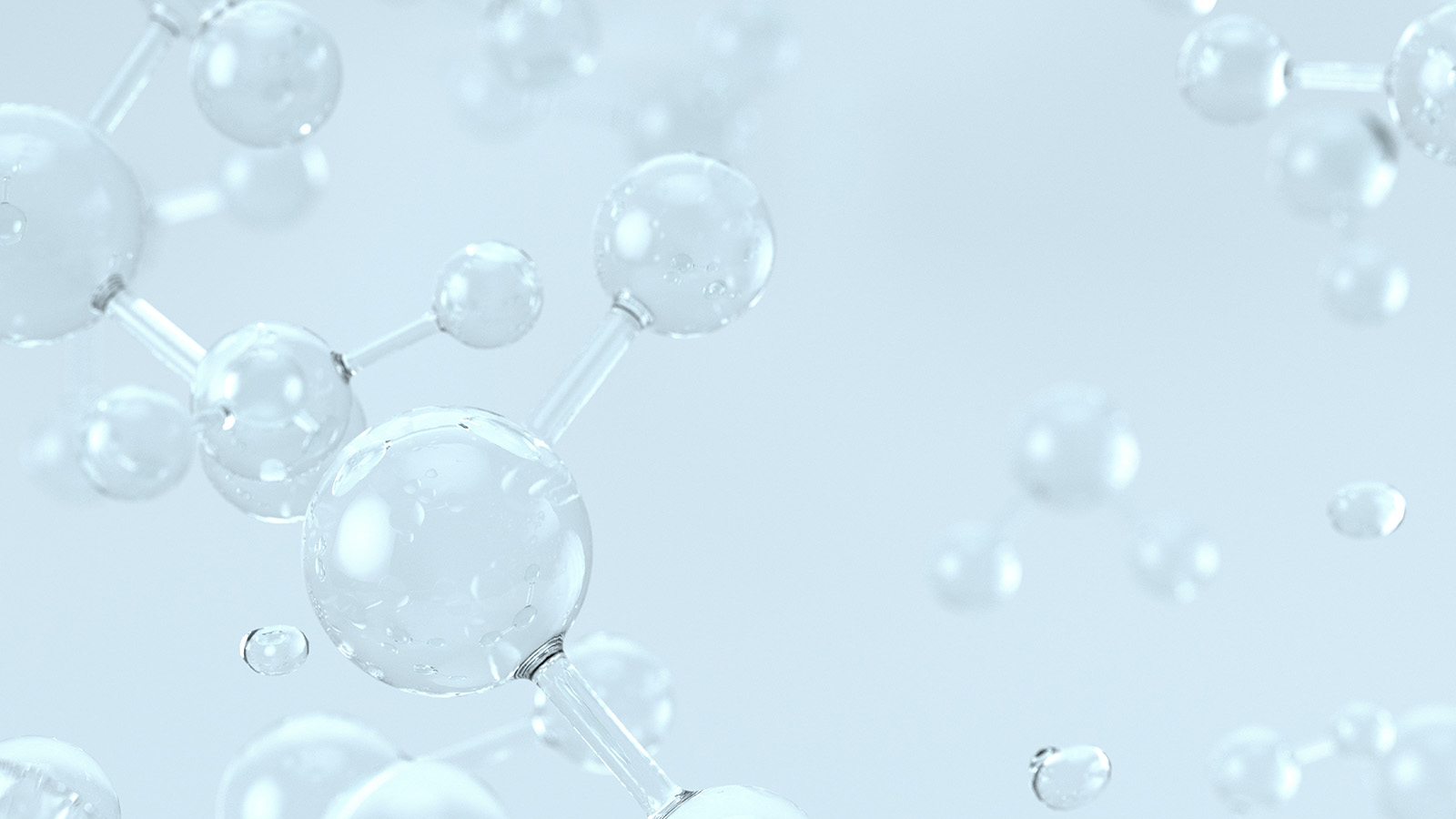KTH ElectroLight

KTH ElectroLight addresses the need for sustainable chemical production by development of light- and electricity-driven processes that eliminate reliance on hazardous reagents and fossil resources.
These innovative methods aim to produce key functional compounds—such as hydrogen, formic acid, fertilizers, polymers, and pharmaceuticals—while enabling circular flows that may encompass degradation of persistent pollutants and materials, and the conversion of agricultural and forestry side-streams into commodity chemicals. These strategies may not only support environmental and climate goals but also offer energy efficiency and potential grid stabilization during renewable energy surplus.
Power-to-Chemicals, a promising approach emphasized by Swedish industry stakeholders like IKEM and aligned with the Fossilfritt Sverige initiative, promotes climate-neutral production methods. On a broader scale, the European Commission’s 2023 “Transition Pathway for the Chemical Industry” identifies electrification as essential for a green industrial transition. However, Sweden currently lacks a coordinated academic platform to support this movement.
KTH ElectroLight fills this gap by positioning itself as a national leader in research and education on sustainable chemical production through electro- and photochemical techniques. The initiative aligns with KTH’s broader mission for sustainability, integrating cutting-edge technical advancements with systems-level thinking.
Beyond research, KTH ElectroLight aims to incorporate these topics into student curricula to promote dissemination of knowledge and prepare the future workforce to drive innovation in energy- and resource-efficient chemical production.
